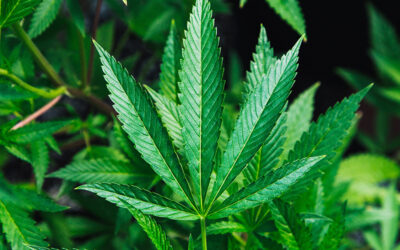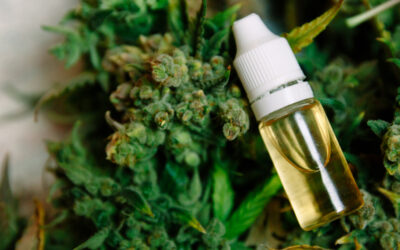Updated August 2019
Historically, the marijuana laws in Arkansas have been very strict, with small use and possession being misdemeanors. However, just recently voters approved a measure to legalize medical marijuana, with qualified patients allowed access to cannabis to help in the treatment of more than 15 conditions. Learn more about Arkansas marijuana laws below.
Recreational Marijuana in Arkansas
In Arkansas, the possession, use, cultivation, and transport of less than 4 ounces of marijuana is considered a misdemeanor, punishable by 1 year in jail and $2500 in fines. However, anything beyond 4 ounces is considered felony and can lead to 6 to 30 years of imprisonment, and fines from $10,000 to $15,000.
Citizens of Eureka Springs and Fayetteville have voted to make adult marijuana possession offenses the lowest law enforcement priority. Marijuana continues to be illegal in those two cities, but police officers and other law officials don’t make enforcing cannabis laws a top priority.
Medical Marijuana in Arkansas
With the support of 53 percent of voters, Arkansas passed Issue 6 in November 2016 to legalize medical marijuana. Issue 6, also known as the Arkansas Medical Marijuana Amendment, establishes a system for the cultivation, acquisition and distribution of marijuana for qualifying patients. Patients must have a written certification from a licensed physician in the state to acquire access to cannabis for medical purposes. Home cultivation is not permitted.
In May 2019, two and a half years after Arkansans voted to legalize medical marijuana, the state’s first dispensary opened its doors. The first dispensary to be officially licensed, located in Hot Springs, is the only one operating as of May 2019 .
The following conditions have been approved under the law:
- Alzheimer’s Disease
- Amyotrophic Lateral Sclerosis (ALS)
- Cancer
- Crohn’s Disease
- Fibromyalgia
- Glaucoma
- HIV/AIDS
- Hepatitis C
- Post-Traumatic Stress Disorder (PTSD)
- Tourette’s Syndrome
- Severe Arthritis
- Ulcerative Colitis
Additionally, medicinal cannabis can be recommended for any chronic or debilitating medical condition that produces:
- Cachexia or Wasting Syndrome
- Intractable Pain
- Peripheral Neuropathy
- Severe Nausea
- Seizures
- Severe and Persistent Muscle Spasms
The Department of Health can also approve medical marijuana for any other medical condition or its treatment.
Consumption of CBD from Hemp Oil in Arkansas
Hemp-derived CBD products are legal under Federal Law in the United States; however, individual state laws are dynamic and fluid. Individual states may enact their own laws governing hemp-derived CBD.
Cultivation of Cannabis in Arkansas
The cultivation of marijuana for recreational, medical, or research purposes is illegal in Arkansas.
In 2017, the Arkansas State General Assembly approved House Bill 1778 (eventually became Act 981), creating the Arkansas Industrial Hemp Act. The law created a research program to investigate the agricultural and economic potential of hemp production. It allows the state’s Plant Board to license growers to participate in a 10-year industrial hemp research program.
Legal Status of Other U.S. States
Stay up to date on the latest state legislation, referendums, and public opinion polls. Our Marijuana Legalization Map allows you to browse the current status of medical and recreational marijuana laws in other U.S. states and territories.
Sources
- https://ballotpedia.org/Arkansas_Medical_Marijuana_Amendment,_Issue_6_(2016)
- http://medicalmarijuana.procon.org/view.resource.php?resourceID=000881#
- http://norml.org/laws/item/arkansas-penalties
DISCLAIMER: The information contained in this website is for general information purposes only; it does not constitute legal advice. Although we endeavor to keep the information up to date and correct, we make no representations or warranties of any kind, express or implied, about the completeness, accuracy, reliability, suitability or availability with respect to the website or the information, products, services, or related graphics contained on the website for any purpose. Therefore, any reliance you place on such information is strictly at your own risk.






